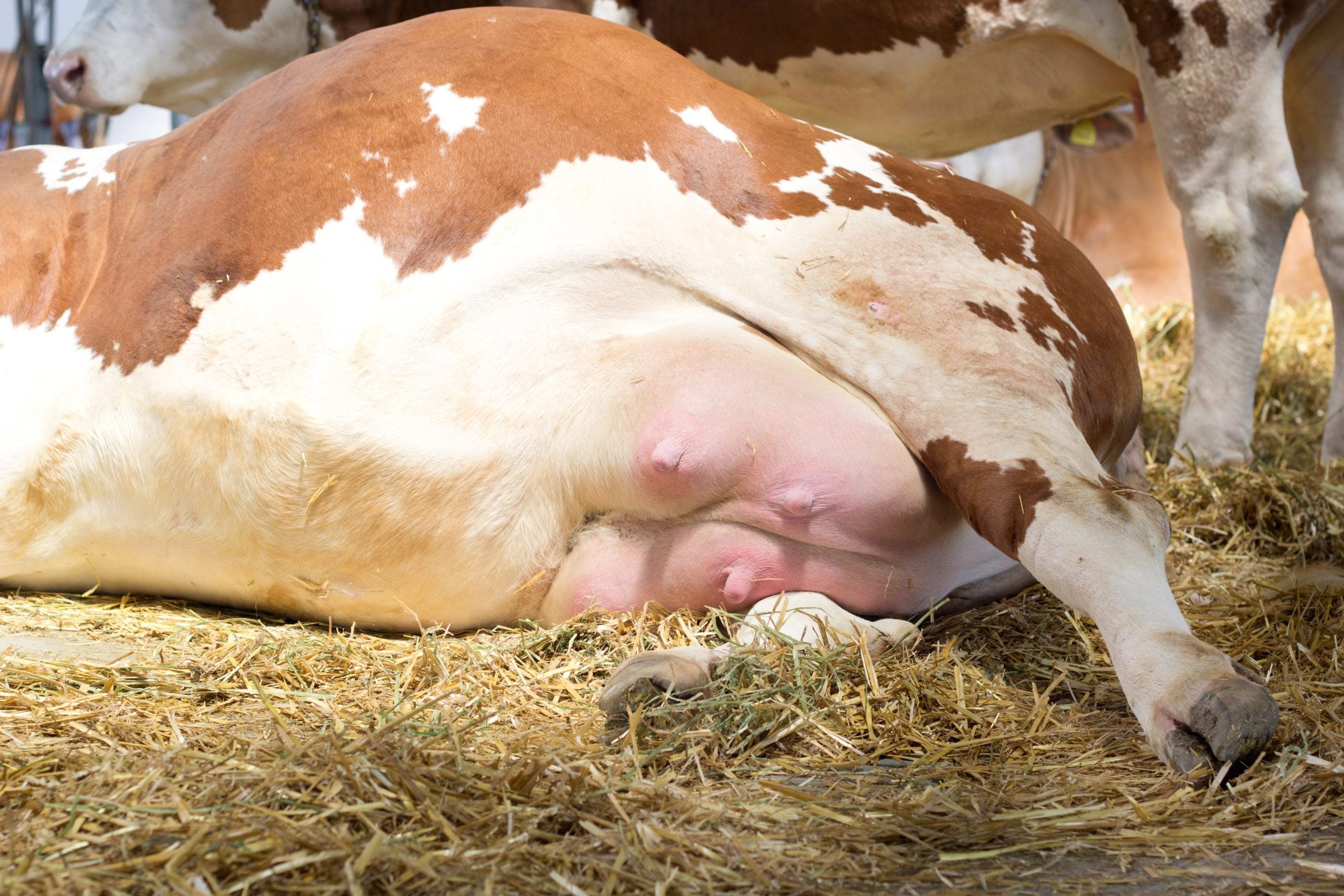Bloat is a common—and potentially fatal—condition faced by both beef producers and dairymen. It leads to increased animal stress, reduced productivity, and in severe cases, death. Understanding what causes bloat and how to prevent it can save both lives and bottom lines.
What Is Bloat?
Bloat occurs when gases produced during digestion are not expelled properly. Normally, cattle release these gases through eructation (burping). But when gas builds up faster than it can be released—or if something prevents its release—the rumen swells with pressure.
Imagine an overinflated balloon in the abdomen. As pressure builds, it compresses the diaphragm, making it difficult for the animal to breathe. Without intervention, this can lead to suffocation.
What Causes Bloat?
Several factors can lead to bloat, but most are related to feeding and digestion:
🌱 Spring Pasture & Legumes
Lush, early-growth forages like clover and young alfalfa are high in protein but low in fiber. These digest quickly, causing the rumen pH to drop and leading to rapid gas production. When cattle are first turned out to pasture, they often overconsume these forages, increasing the risk.
🥣 Concentrated Feeds
Like legumes, high-grain or concentrated rations ferment quickly and can disrupt normal rumen function, causing excess gas.
⚖️ Rumen pH Imbalance & Acidosis
Sub-acute ruminal acidosis (SARA) alters the microbial population in the rumen. Beneficial bacteria die off in acidic conditions, while harmful microbes increase. This disrupts fermentation and leads to the buildup of gas.
🧬 Other Contributing Factors
Less common causes include:
- Esophageal dysfunction (gas can’t escape)
- Swollen lymph nodes
- Parasite infestations
Recognizing the Signs of Bloat
Symptoms can escalate quickly, so early recognition is key. Watch for:
- Distention on the left side of the abdomen
- Restlessness, stomping, or kicking at the belly
- Excessive vocalizing
- Frequent urination or defecation
- Rapid breathing or collapse in severe cases
How to Prevent Bloat in Cattle
The most effective way to prevent bloat is by supporting a healthy, balanced rumen environment.
✅ Management Tips:
- Introduce pasture gradually in the spring
- Avoid turning cattle out hungry onto lush, legume-heavy fields
- Provide supplemental roughage (like hay) to boost fiber intake
- Balance grain rations to avoid excessive fermentation
- Use a rumen-buffering supplement to maintain neutral pH and healthy microflora
What It All Means
Bloat is preventable with good management and the right nutritional support. Paying close attention to feeding practices and transitions—especially during seasonal changes—can go a long way in protecting your herd.
Looking for a way to maintain rumen balance year-round? Visit Pro Earth Animal Health to learn more about natural solutions designed to support digestive health from the inside out.





